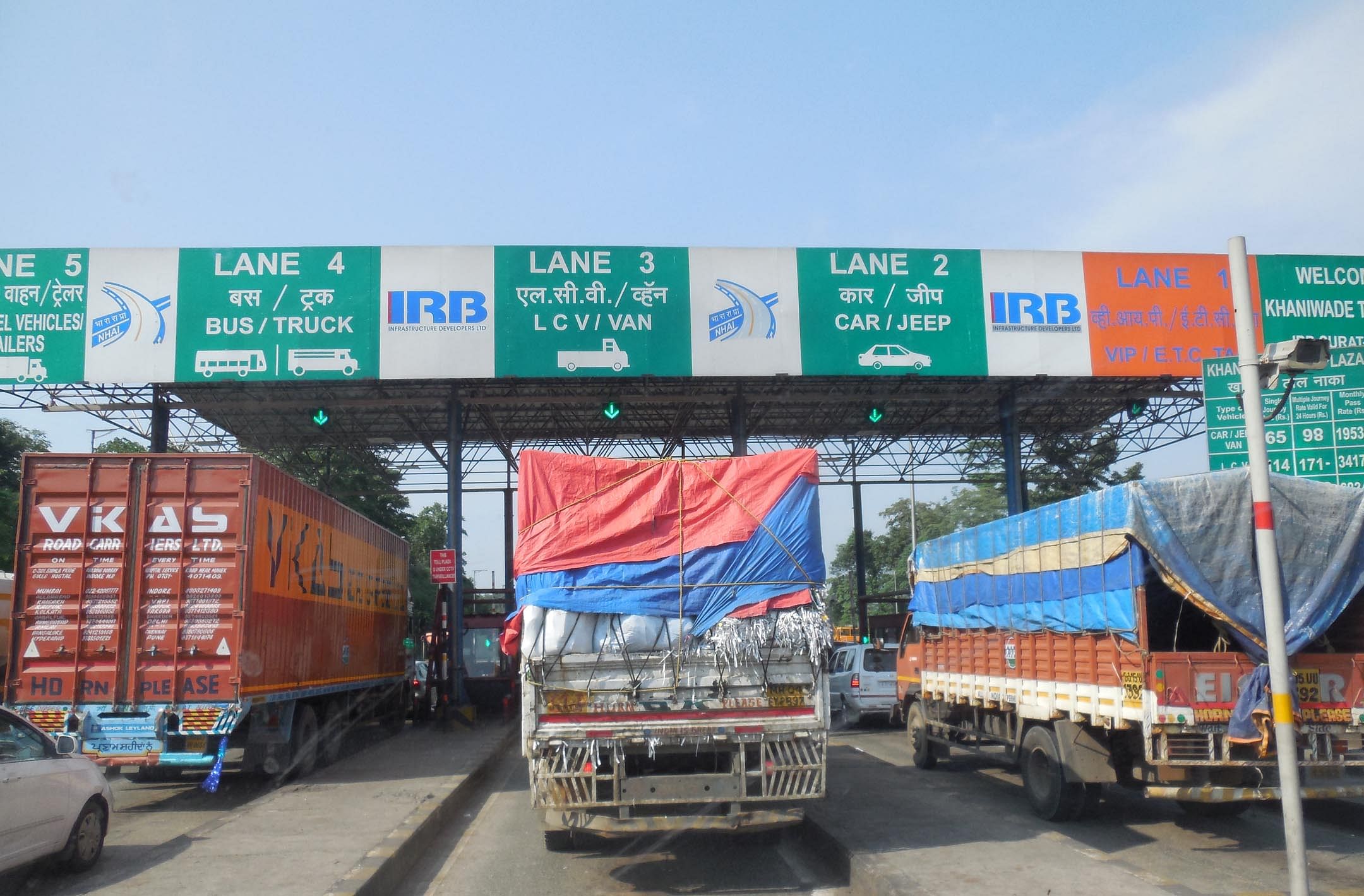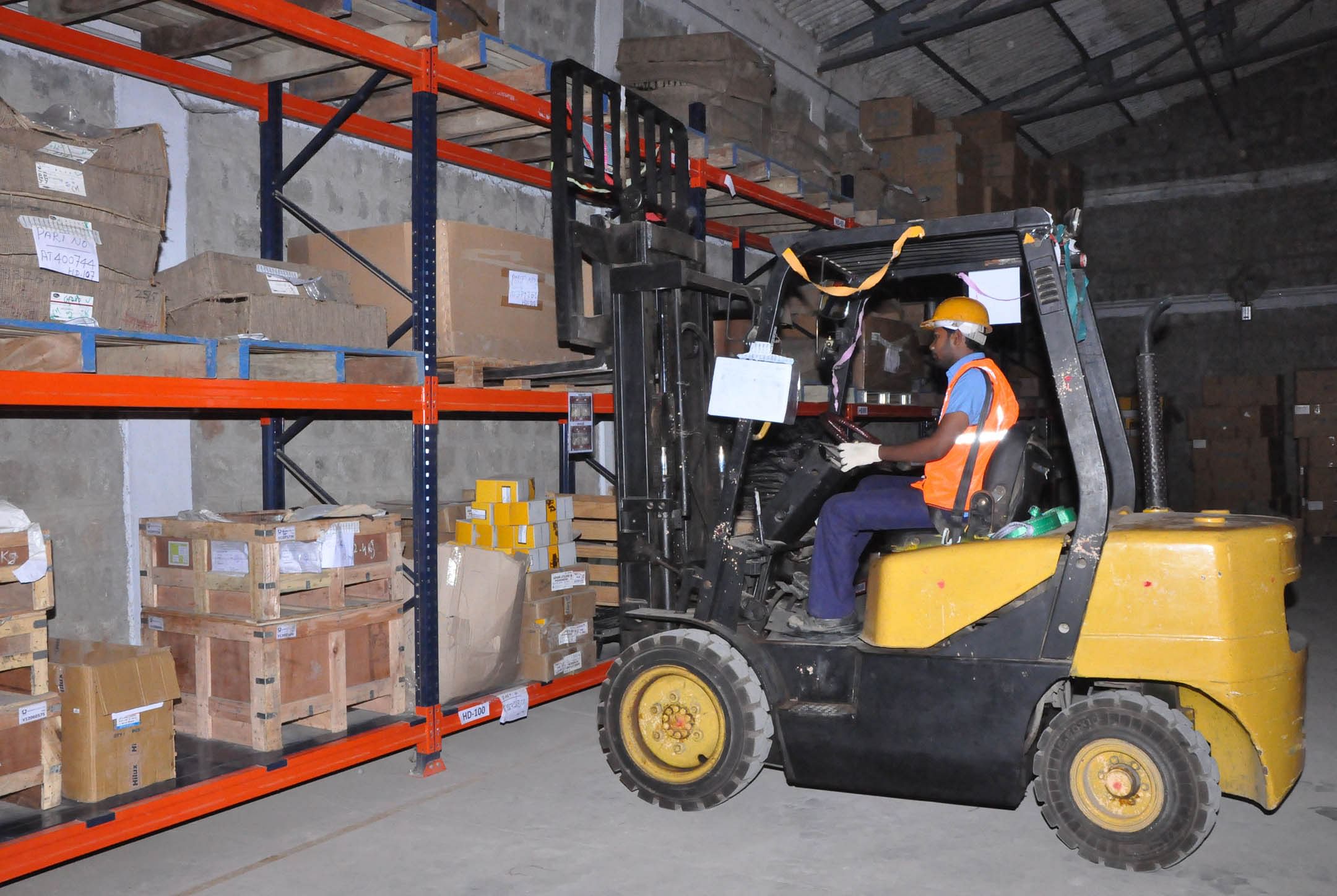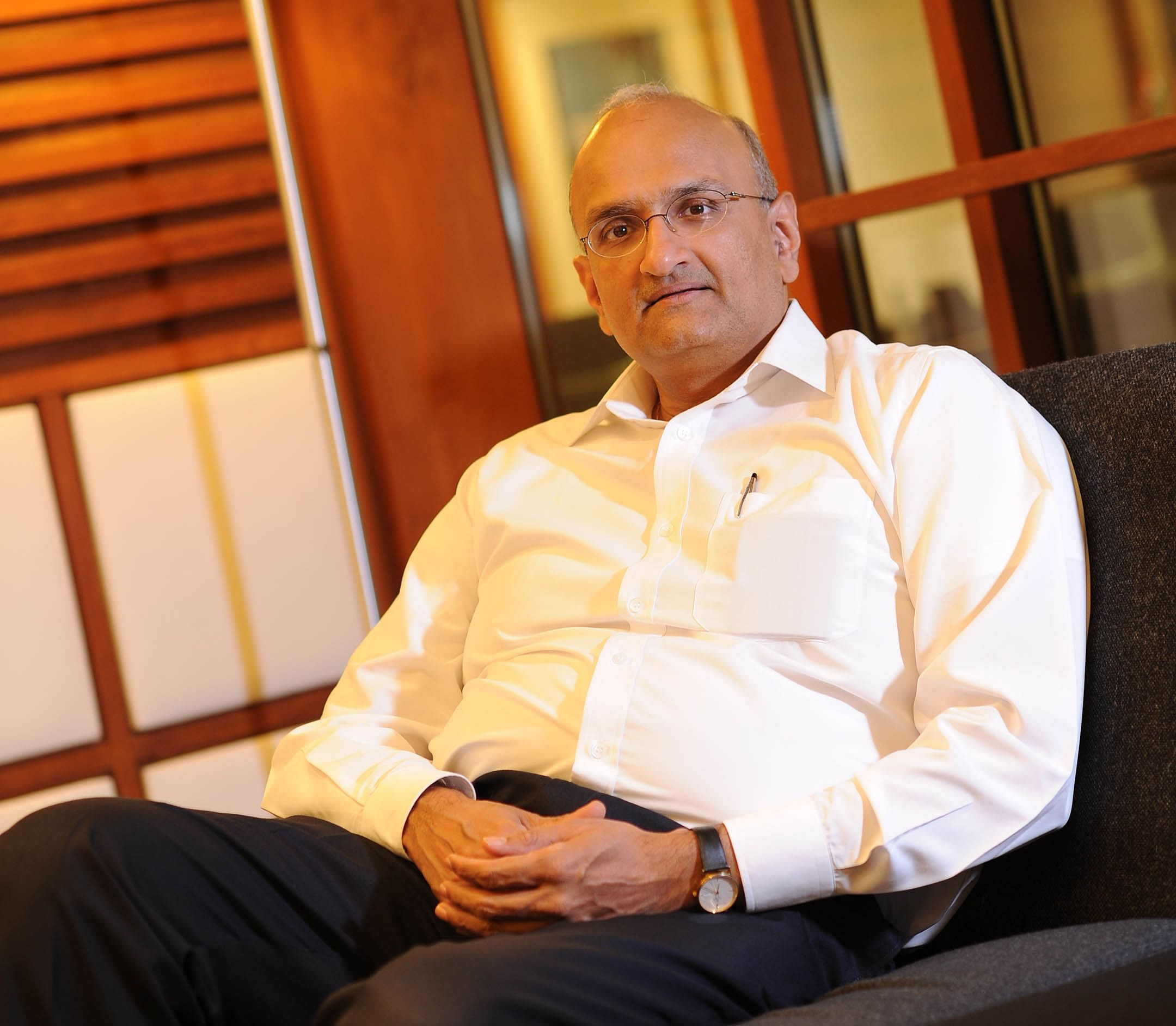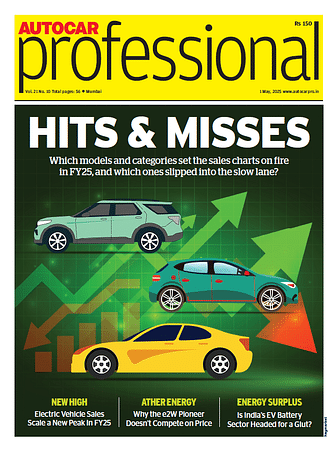GST already positively impacting the transport sector, says PM Narendra Modi
While a number of automotive industry representatives have confirmed the same even though it is early days yet for GST, the phenomenon found a mention in Prime Minister Narendra Modi’s ‘Mann Ki Baat’ radio programme on July 30.
The Goods & Services Tax (GST), which was rolled out in India on July 1, is already seen to have a beneficial impact on the country’s economy, particularly the transport and logistics sector and the automotive supply chain. While a number of automotive industry representatives have confirmed the same, the phenomenon found a mention in Prime Minister Narendra Modi’s ‘Mann Ki Baat’ radio programme on July 30.
Prime Minister Narendra Modi said: “It has been one month since GST was implemented and its benefits can be seen already. Doing business has become so much easier. I have been observing how GST has impacted the transport and logistics sector; how the movement of trucks has increased. The time required to cover distances has come down drastically. Highways have become clutter-free. Pollution levels have come down with the increased speeds of the trucks. Goods are also being transported much faster. This indeed is a convenience, but at the same time it is also bolstering the economic progress. Earlier, because of the multiple tax structures, maximum resources of the transport and logistics sector were expended in maintaining paperwork and that also led to the need for construction of new warehouses in each state.”
Benefits of GST for the transport and logistics sectors
At the time of GST being introduce, transport minister Nitin Gadkari had said: “India’s logistics sector would gain the most from GST as costs would fall by almost 20 percent.” In the first month of GST, it looks as if this is coming true.

In pre-GST India, a typical truck spent 20 percent of its plying time at interstate check-posts. On an average, a truck in India runs for around 60,000 kilometres as against 200,000km per annum in developed markets of Europe – very inefficient for the fleet owner. Now, with inter-state check-posts removed in around 22 Indian states, travel time of long-haul trucks are down by around a fifth. As compared to a M&HCVs doing 225km on a typical day, some truckers claim to be clocking between 300-325km a day, a considerable improvement, which can only get better in the days to come.
What’s more, in the pre-GST times, a complex tax structure and considerable paperwork forced the transport industry to spend nearly 50-60 percent of resources on tax compliance and deposit of interstate sales tax. Now, with monitoring, collection of sales tax at interstate barriers obviated, a single GST means increased uptime for trucks, better turnaround and an optimised warehousing structure.
In the pre-GST era, the sector had to bear heavy logistics costs estimated at about 14 percent of the total value of goods as against 6-8 percent in other major countries. It is expected that logistics cost will come down to 10-12 percent of the total value of goods now. The proposed E-way Bill is set to ease the movement of freight further. Goods worth more than Rs 50,000 will require online registration and the receipt would act as a goods ticket for the entire journey.

GST does away with the need to have a separate warehouse for every state. This means a leaner and smarter logistics chain. This will also encourage more FDI in warehousing. In a direct cost comparison with China, India’s average cost to export or import one container is around 72 percent higher in higher transit time. Thus, GST will boost demand for high-tonnage trucks and lead to overall reduction in transportation costs. Importantly, it will facilitate seamless interstate flow of goods, which is expected to directly accelerate demand for logistics services.
GST enables 10-12% reduction in freight transportation time
Speaking to Autocar Professional on the impact of GST on the logistics industry, R Dinesh, the joint managing director of TVS & Sons (pictured below), says: “GST is not only changing the way the supply chain is looked at in the automotive sector but across the board, particularly the transportation and management of a logistics company in the supply chain. The logistics sector is a beneficiary not only in transportation of goods but we can genuinely become an intermediary in the supply chain."

"There are two types of logistics service providers – the asset provider owning the asset and leasing out vehicles whether its warehouses or trucks, and the third party outsource logistic party to the service provider. GST is big boon for the third party outsource service provider because they are not only transporting efficiently and speedily, but they make sure they are integral to the customer’s supply chain whether it's packing, differentiation in terms of being able to deliver smaller/ larger pieces or assembled items. Earlier, for any assembly, a licence was required which is not so today. So this will help business on the large scale to be efficient and light on cost,” remarks Dinesh
“The immediate challenge in transportation sector is that the E-Way Bill has not come on board and we will have to wait until it becomes part of the process. Having said that, there is a significant shift taking place as far as time is concerned. Today there is a 10-12 percent reduction in freight transportation time itself," affirms Dinesh.
Commenting on transport minister Nitin Gadkari’s recent statement that the government has cleared a Rs 2 lakh crore investment in building of 34 multi-modal logistics parks in the country bringing together road-rail-air movement, Dinesh says, “One of the big challenges in India is in spite of having an abundant coastline and a very good railway network, road transport doesn’t work seamlessly together. That’s why building a multi-model logistics park is a welcome and right way to go about today. Thus different modes of transport will be become integrated with each other. This is something that can be successful in India but these are early days right now. We have a couple of (logistic ports) coming up and we have to wait and see how this multi-model movement would start together. But as an idea, it is really good,” concludes Dinesh.
Read: Detailed interview with TVS & Sons' R Dinesh in the August 1 print edition of Autocar Professional
RELATED ARTICLES
Bajaj Auto launches new Chetak 3503 at Rs 110,000
The Chetak 3503, with a claimed range of 155km, 63kph top speed and a slower charging time than its 35 Series siblings, ...
Hyundai walks the eco talk with biogas plant, material recovery plant in Gurugram
Operational since October 2022, the facility targets sustainable waste management in Gurugram by undertaking scientific ...
Rajiv Bajaj reappointed MD and CEO of Bajaj Auto for five-year term
Bajaj Auto’s Board of Directors has approved the re-appointment of Rajiv Bajaj as the company’s MD and CEO for another f...






 By Autocar Professional Bureau
By Autocar Professional Bureau
 31 Jul 2017
31 Jul 2017
 8076 Views
8076 Views




















